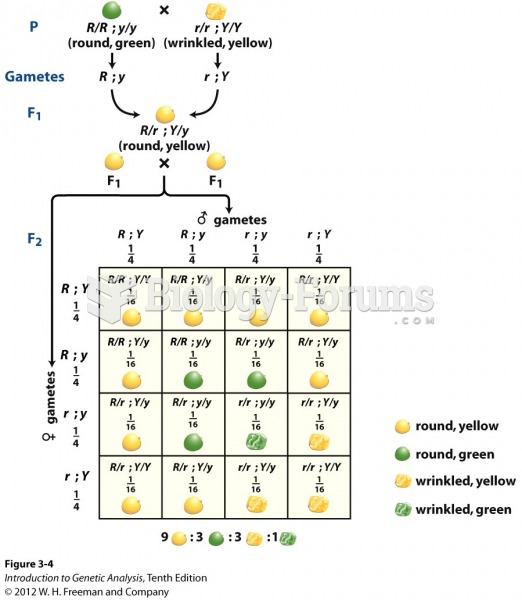Answer to Question 1
Answer:
Answers should include the following points:
- There are two possibilities for cognitive processes involved with persuasion.
- Systematic processing (central route to persuasion) involves effortful and systematic processing of message content. This is explained by the elaboration-likelihood model of persuasion.
- motivation must be high
- capacity to process information must be high
- knowledge of the topic must be high
- time for processing the persuasive message must be available
- the issue or topic must be important or interesting to us
Heuristic processing (peripheral route to persuasion) involves automatic (relatively effortless) processing of message content.
- lack of ability or capacity for processing information
- limited time
- limited knowledge
- low motivation
- the issue or topic is relatively unimportant or uninteresting to us
Answer to Question 2
Answer:
We avoid expressing our true attitudes when doing so would violate the norms of a group; pluralistic ignorance in our subjective judgments about others holding different attitudes from ourselves; attitude certainty is enhanced by our sense of correctness based on the consensus of others; in planned behavior, we evaluate whether our social group may disapprove of the behavior we're planning on; reactance is of course a response to pressure from others to do or believe in a certain way; forewarning doesn't work when we wish not to appear gullible to others. In general, we see that we either wish to follow the norms, or perceived norms, of others in society by suppressing our attitudes; we may believe in the rightness of our attitudes based on others' responses; or we may resist others' coercion based on a threat to our freedom to maintain an attitude; or finally, we wish to appear possessed of well-informed attitudes in front of others.







